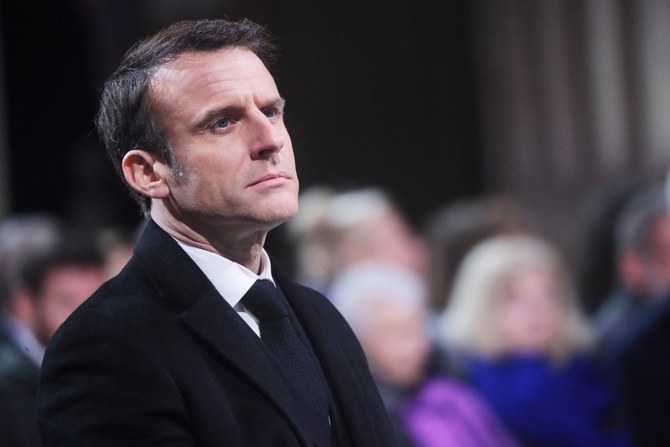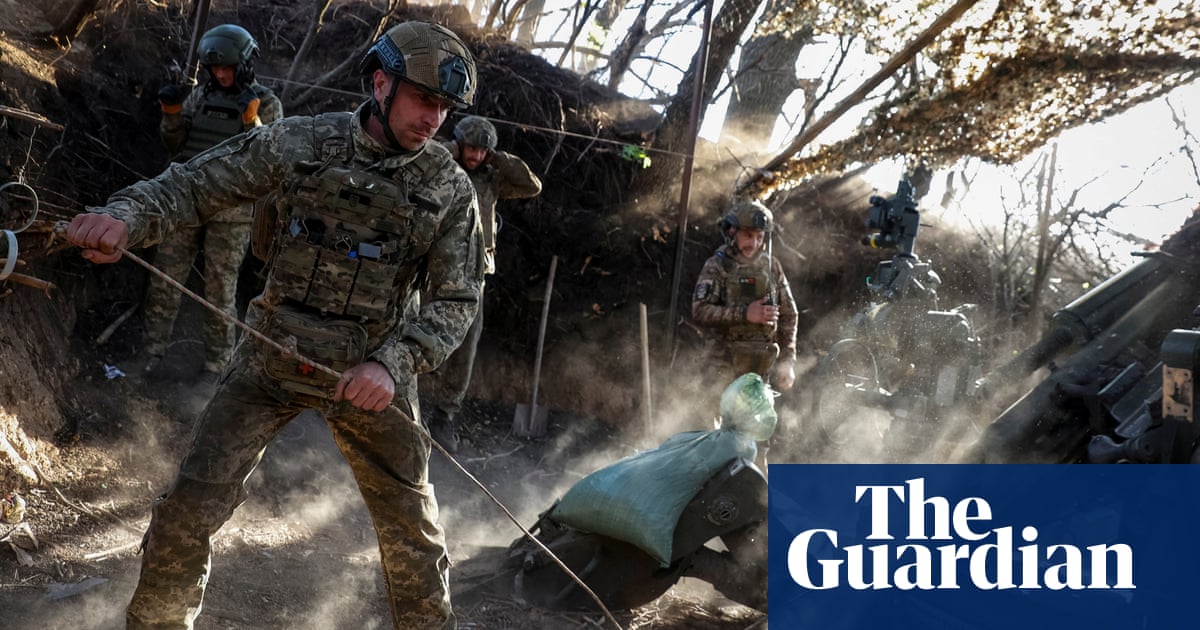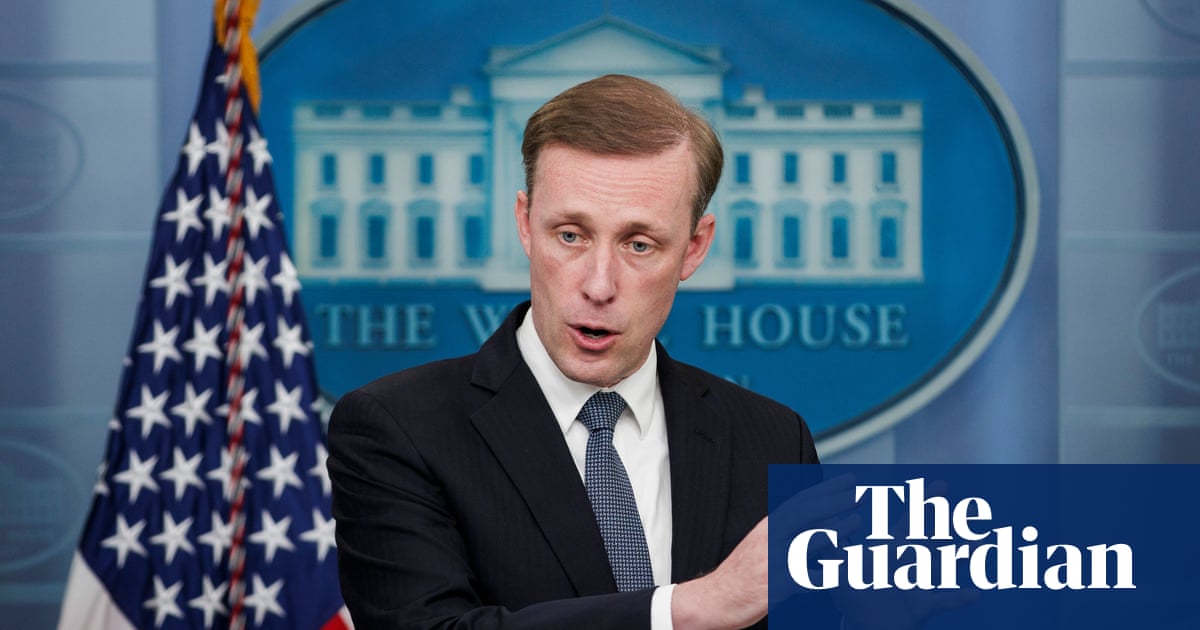
Whichever way you spin it, Ukraine will surely feel a bit left out in the cold by last weekend’s deal that prevented a shutdown of the US government.
The fight against Russia in Ukraine is suddenly at the mercy of right-wing populist Republicans in Congress, which is likely to put the US’ reputation and leadership in the world in the spotlight. It may also, by stalling any new US military aid that is desperately needed in Ukraine for its counteroffensive, scupper all Western efforts to stand up to what is coined as a belligerent Russia.
The funding bill passed in Congress late on Saturday will keep federal agencies running for another 45 days. But further bargaining and brinkmanship is likely in November, as Congress has failed to allocate the necessary funding for the 438 government agencies for the whole fiscal year that began on Oct. 1.
Barely a week after the president of Ukraine was in New York appealing for more funds to support the war machine to stop Russia, the question now is whether a new approach is needed, since Congress, as a compromise, decided to drop new funding for Ukraine from the fiscal package due to opposition from hard-line Republicans.Despite President Joe Biden reminding everybody that America has a duty to help Ukraine stand up to Moscow’s brutal invasion, it seems the issue has become politicized and is now being used by Republicans against the Biden administration. The fate of that vital military aid is now in jeopardy, as Kyiv tries to make progress in its sluggish counteroffensive before winter sets in.
Biden pushing House Speaker Kevin McCarthy to rush a separate Ukraine funding bill through Congress will not be enough, as the speaker himself was on Tuesday ousted by a small band of pro-Donald Trump Republican legislators. His removal following the introduction of a motion to vacate by Rep. Matt Gaetz throws the day-to-day running of the House into even greater disarray.
The US administration’s scramble to assure its allies, the people of Ukraine and the world that they can count on American support and that Washington “will not walk away,” as Biden said after the funding bill vote, only goes to show how weakened it has become in the face of growing domestic politicization and polarization, particularly within the Republican Party. But there is also a possible feeling of war fatigue among more moderate lawmakers that risks derailing further US commitments in Ukraine and elsewhere in the world.
Most worrying is that the high inflation that has hit Western societies means many countries, particularly the US, are now reluctant to write a blank check to Ukraine. An ABC/Washington Post poll released at the end of September showed that 41 percent of respondents said the US was doing too much to support Ukraine, up from 33 percent in February.
Many fear that even a temporary delay in the supply of weapons or funds to Ukraine would be a big boost to its enemies and that the US domestic quarrels are likely to start to weigh heavily on the plight of the Ukrainians and Western efforts to stop Moscow’s aggression.
It is not an exaggeration to say that the shutdown brinkmanship can only point to America sliding further toward a type of neo-isolationism that will likely only get worse. This is especially so when you hear statements from populists like Florida Sen. Rick Scott, a Republican, calling on Congress to have “a conversation with the American public,” as he claimed that people in his state want to be helpful to Ukraine but also helpful to Americans too. McCarthy was not far behind when he suddenly asked to know what would constitute a victory in Ukraine before he would advance another bill authorizing further military aid to KyivThe US has approved four rounds of aid to Ukraine in response to the Russian invasion, totaling more than $113 billion. In August, Biden called for a further $24 billion and he this week urged Republicans to “stop the games” and secure the passage of a separate bill to fund Ukraine soon. However, any bill on funding for Ukraine is likely dependent on the approval of more money to stop immigrants crossing the US’ border with Mexico, which is a key Republican demand.
Clearly, there needs to be a shift in approach if countries are to remain united and with the necessary resolve to face and defeat Russia in Ukraine. The Ukrainian support file must not be part of the partisan competition between various parties in the US and Europe. The events in Congress over the last week might have lasting repercussions for Ukraine. In Europe, the picture is not any better. Monday’s meeting of EU foreign ministers in Kyiv was a good show of resolve, but it only put a plaster on a bleeding wound, especially as another country in the bloc of 27, Slovakia, yielded in its election to a pro-Russia politician who will now head its government on the back of a promise to stop all weapons transfers to Kyiv.
Meanwhile, for Ukraine, it is a zero-sum game. Without aid and weapons, the war will be lost. The flow of weapons from the West is unlikely to stop soon, but the events in Congress are likely to dent the certainty previously felt in Ukraine about that unwavering support. Meanwhile, all these events on Capitol Hill are welcome news in the Kremlin, which has been betting for the past 20 months on the resolve of the democratic Western nations wavering sooner or later.












